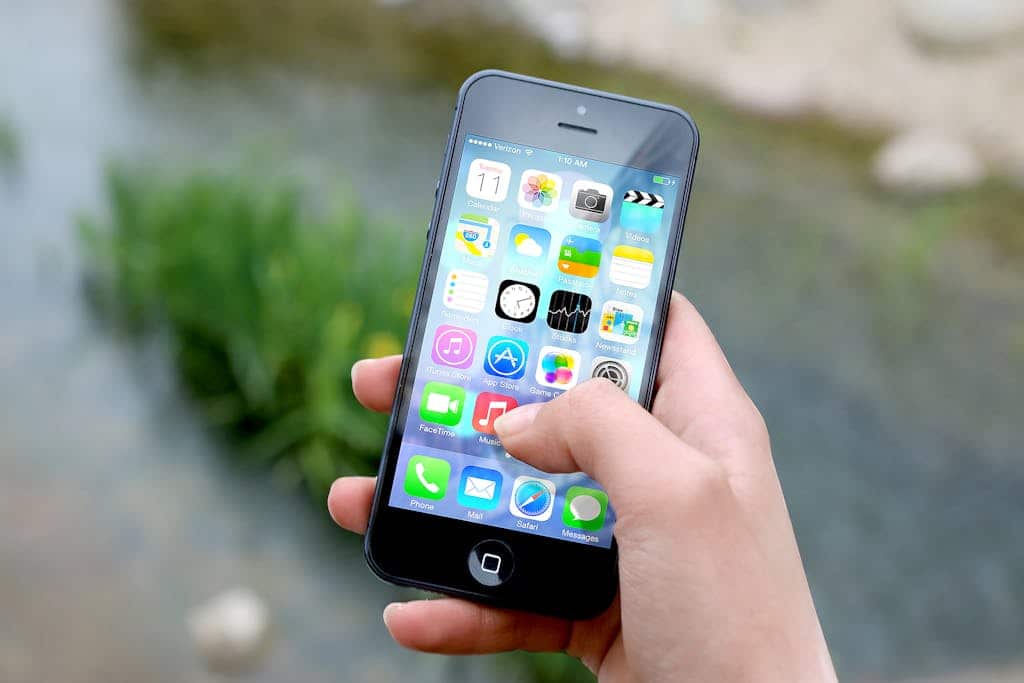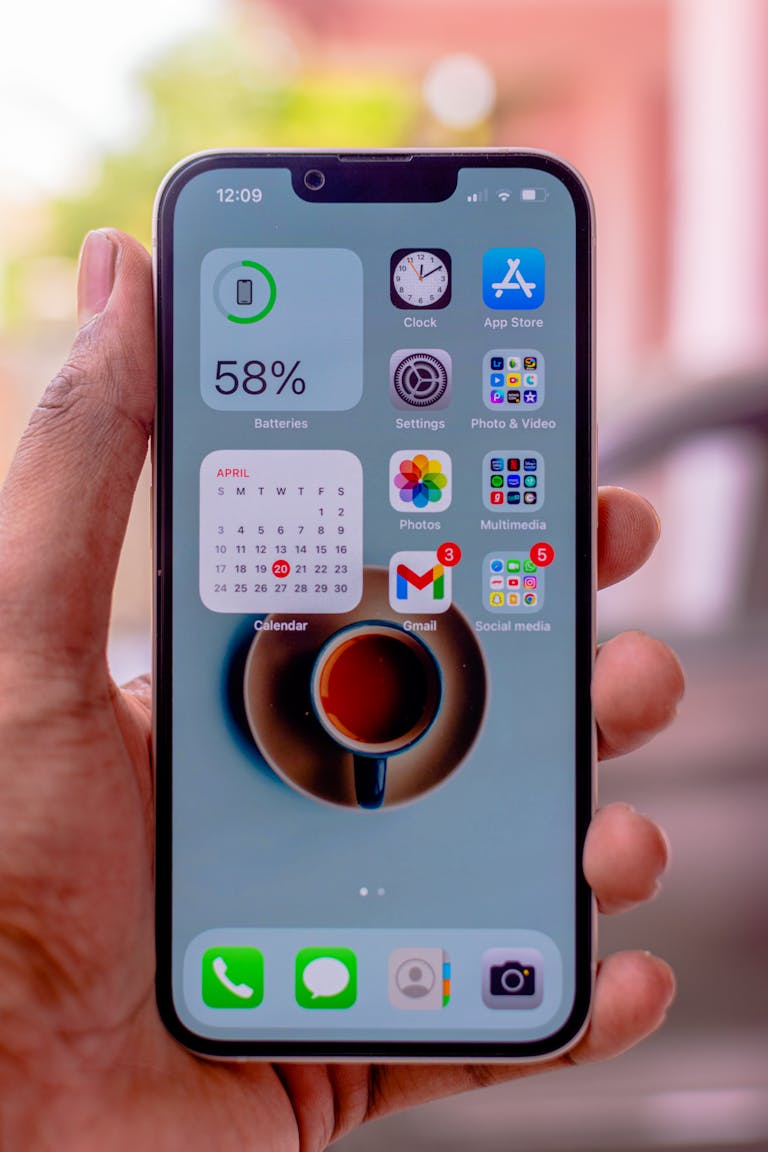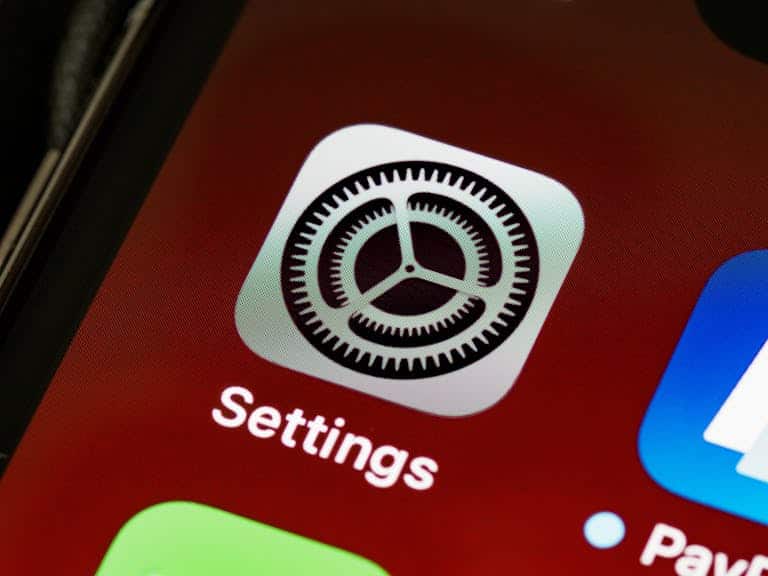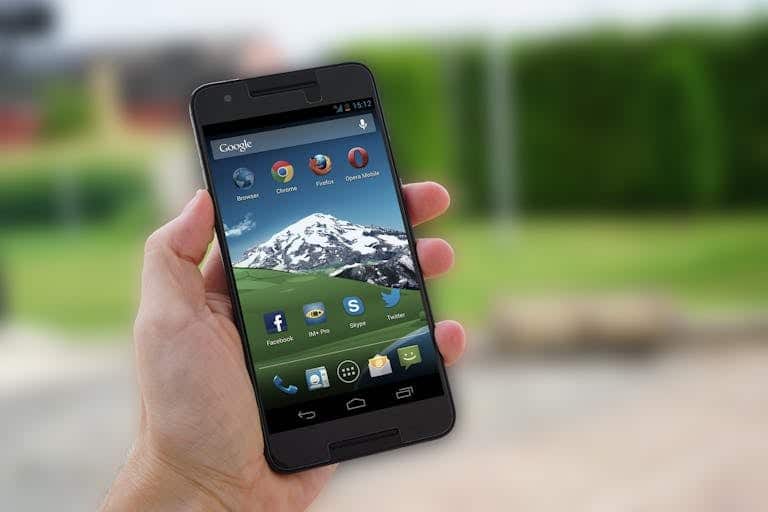Essential Tips to Protect Your Privacy on Mobile Phones

In today’s digital landscape, our smartphones are more than just communication tools; they’re hubs of personal data, sensitive information, and private conversations. As such, safeguarding our privacy on mobile devices is crucial. Below are some practical and legitimate steps you can take to enhance your mobile phone’s privacy and protect your personal information from prying eyes.
1. Set a Strong Passcode or Use Biometric Authentication
A strong passcode is your first line of defense against unauthorized access. Opt for a complex alphanumeric code rather than a simple PIN. If your device supports biometric authentication, such as fingerprint or facial recognition, enable it for an added layer of security. These measures make it significantly harder for someone to access your phone if it’s lost or stolen.
2. Enable Two-Factor Authentication (2FA)
Two-Factor Authentication (2FA) adds an extra step to your login process, making it more difficult for hackers to access your accounts. By requiring a second form of verification—like a text message code or authentication app—2FA ensures that even if someone has your password, they still can’t log in without your secondary code.
3. Keep Your Software Updated
Regular software updates are essential for maintaining the security of your device. Updates often include patches for vulnerabilities that could be exploited by hackers. Ensure that your phone’s operating system and apps are always up to date.
4. Review App Permissions
Many apps request access to data and functions they don’t necessarily need. Regularly review the permissions granted to apps on your device. Revoke any that seem excessive or irrelevant to the app’s functionality, particularly those that request access to sensitive information like your location, contacts, or camera.
5. Use a VPN
A Virtual Private Network (VPN) encrypts your internet connection, making it much more difficult for anyone to track your online activities. Whether you’re browsing at home or using public Wi-Fi, a VPN provides an additional layer of privacy by masking your IP address and encrypting your data.
6. Encrypt Your Device
Most modern smartphones come with built-in encryption features. Device encryption ensures that all the data stored on your phone is scrambled and can only be accessed with your passcode or biometric data. This is crucial if your phone is ever lost or stolen.
7. Disable Ad Tracking
Mobile operating systems often allow apps to track your activity across other apps and websites. You can limit this by disabling ad tracking in your phone’s settings, which reduces the amount of data apps can collect about you.
8. Use Encrypted Messaging Apps
When it comes to private communication, not all messaging apps are created equal. Opt for apps that offer end-to-end encryption, such as Signal, WhatsApp, or Telegram. End-to-end encryption ensures that only you and the recipient can read the messages, not even the app providers.
9. Be Cautious with Public Wi-Fi
Public Wi-Fi networks are convenient but often insecure. If you must use public Wi-Fi, avoid accessing sensitive information and consider using a VPN to secure your connection.
10. Regularly Clear Browsing Data
Your browsing history, cookies, and cache can reveal a lot about you. Regularly clearing this data helps protect your privacy. Most browsers offer an option to clear this data manually or automatically after each session.
11. Turn Off Location Services
Many apps request access to your location data, but not all need it. Turn off location services for apps that don’t require it, and disable location tracking entirely when you don’t need it. This helps prevent apps from continuously monitoring your whereabouts.
12. Use Private Browsing Mode
When browsing the web, consider using private or incognito mode. This prevents your browser from saving your browsing history, cookies, and other data. While it doesn’t make you completely anonymous, it does reduce the amount of data stored on your device.
13. Monitor Your Accounts and Devices
Stay vigilant by regularly checking your online accounts and devices for any unusual activity. Set up alerts for suspicious logins or unauthorized transactions. This allows you to act quickly if your accounts are compromised.
14. Backup Your Data Securely
Regular backups are essential for protecting your data against loss, but they need to be done securely. Use encrypted cloud services or external storage devices to back up your important files and ensure that your backup is also protected by a strong password.
15. Avoid Phishing Scams
Phishing attempts are designed to trick you into giving away your personal information. Be cautious of unsolicited emails, texts, or social media messages that ask for sensitive information or direct you to suspicious websites. Always verify the sender’s identity before clicking on links or downloading attachments.
16. Consider a Privacy-Focused Phone
For those who are particularly privacy-conscious, consider using a phone designed with privacy in mind. Devices running on privacy-focused operating systems like GrapheneOS offer enhanced privacy controls and reduced data collection.
17. Disable Bluetooth and NFC When Not in Use
Bluetooth and NFC (Near Field Communication) are convenient but can be exploited by hackers to access your device. Turn these features off when you’re not using them to reduce your risk.
18. Use a Privacy Screen Protector
A privacy screen protector is a simple but effective tool to prevent others from viewing your screen, especially in public places. These screen protectors narrow the viewing angle, making it difficult for someone beside you to see what’s on your screen.
Conclusion
By following these steps, you can significantly enhance your mobile phone’s privacy and protect your personal information from unauthorized access. In a world where our devices are constantly connected, taking proactive measures to secure your data is more important than ever. Stay vigilant, stay informed, and keep your privacy intact.



